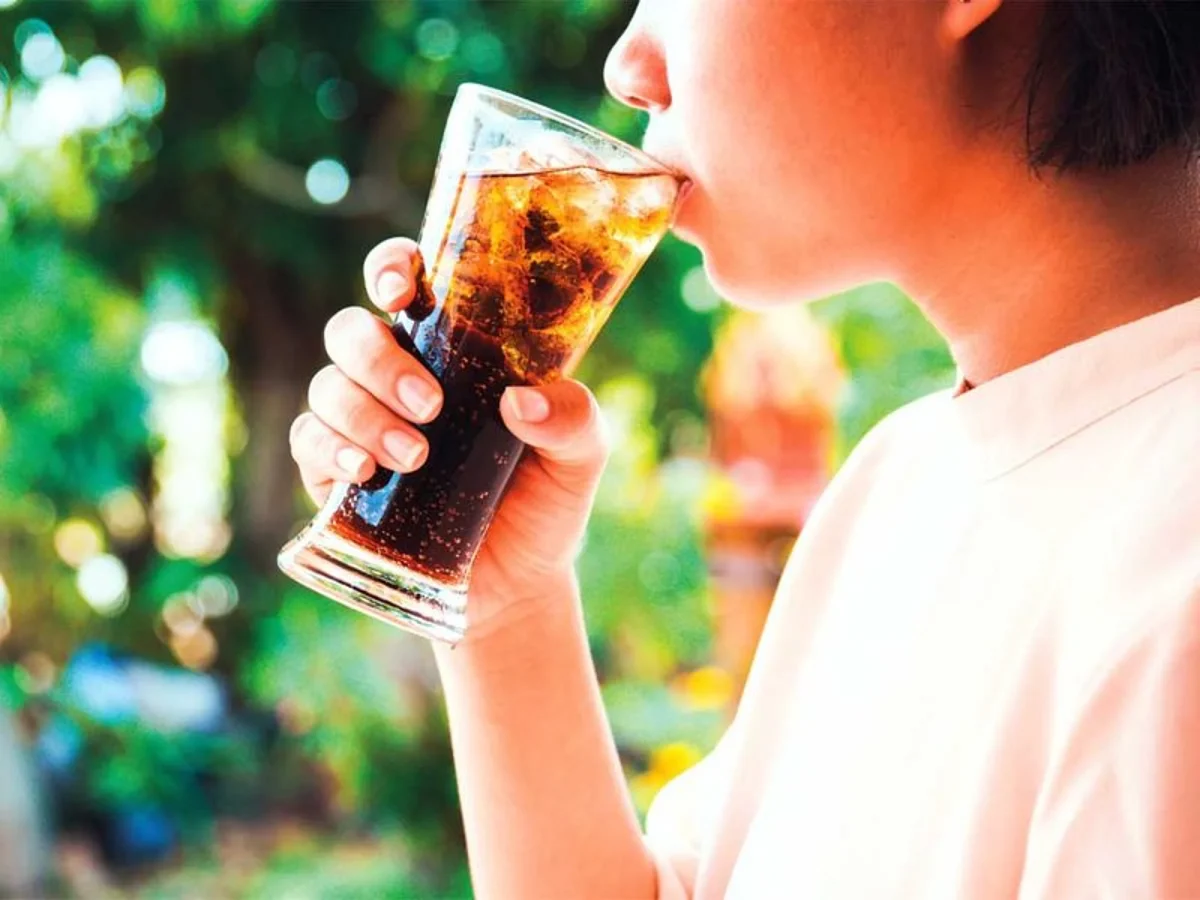
Often in economics, we’re taught how vital consumer spending is for sustaining growth. But in the real world, most government strategies seem fixated on exports and investment — and that’s exactly what has happened in China. For decades, the Chinese economy has thrived on producing and selling to the world, while domestic demand has remained relatively weak. Now, that long-standing imbalance is beginning to show its cracks.
This article highlights how China’s local consumption — the true backbone of any economy — is struggling. Despite having one of the largest populations in the world, the share of household spending in GDP remains around 39%, far below the 60% average in developed nations. That means if a global crisis hits or exports fall, China doesn’t have a strong domestic base to fall back on.
The story becomes even more interesting — and worrying — when you look at what’s happening to young people. Youth unemployment hovers near 20%, and many graduates say their degrees no longer match the jobs available. Structural unemployment is rising, and this sense of insecurity has led many young Chinese to adopt extreme frugality — saving more, spending less, and rejecting materialism. It’s reached a point where “minimalism” has become a social media trend.
From an A-Level Economics point of view, this is a textbook example of how consumer confidence and the marginal propensity to consume (MPC) directly affect aggregate demand (AD). When people expect uncertainty, they save — and when saving becomes a habit across society, growth slows down. This also ties into China’s deflationary pressures, where consumers delay purchases expecting prices to fall further, creating a vicious cycle.
What’s fascinating here is that this isn’t just about numbers — it’s about psychology. Despite government appeals to spend more, the public doesn’t feel optimistic enough to do so. This shows how economic growth depends as much on belief and trust as it does on policy.
Source: BBC News

